My Teeth Hurt After Cleaning
Feeling some sensitivity or discomfort after a professional dental cleaning is common, and if it’s been a while since your last cleaning, it might be especially uncomfortable when you do go back to the dentist. This is also common; the more plaque and tartar built up on your teeth, the deeper your dental hygienist will need to go to clean, and the more it will irritate your gums. Hygienists apply a fair amount of pressure as they scrape and dig to remove tartar, too, which is also normal. If your gums hurt or your teeth are particularly sensitive after cleaning, there are some things you can do at home to manage discomfort while your oral tissues heal.
It’s important to keep your teeth and gums clean after a professional cleaning, even if they’re sore. Using a desensitizing toothpaste can help soothe your gums, and a fluoride mouth rinse can help strengthen the enamel that protects your teeth. If you have receding gums, you might have sensitive teeth already, and a professional cleaning might cause some lingering discomfort. Make sure to talk with your dentist and dental hygienist about your receding gums, which can be a sign that you’re brushing too aggressively. If this is the case, follow their instructions and adopt new brushing and flossing habits to help keep your gums from receding even more. Dentists often recommend electric toothbrushes to patients who brush too hard, allowing the patients to more easily manage the direction and pressure of the brush and spare the compromised gum tissue. Similarly, water flossers can help clean between the teeth gently and thoroughly, and cause far less damage than dental floss.
Foods and drinks that are highly acidic or extreme in temperature can also make the teeth more sensitive, and these should be avoided for at least a day or two after the procedure, or longer if recommended by your dentist. Rinsing your mouth gently with warm saltwater can help soothe irritated gum tissue after your teeth cleaning, and over-the-counter pain medications can alleviate inflammation when needed. If your teeth continue to hurt for more than a few days after any dental treatment, including a cleaning, contact your dentist to see what’s going on. If you learn that you’re brushing or flossing too hard, follow their recommendations for new habits, products, and techniques, which can help maintain the health of existing gum tissue and prevent the destruction of additional tissue.
Adhering to a healthy oral hygiene routine, along with maintaining a generally healthy lifestyle, can go a long way toward preventing your teeth from hurting after cleaning. The more work the dental hygienist has to do, the more likely it is that your gums will be sore – more tartar means harder scraping; more plaque means more friction. Keep your teeth clean, using a soft-bristled brush and gentle circular motions to brush twice daily, and cleaning between the teeth with floss or water at least once daily. See your dentist for routine cleanings, at intervals recommended by your dentist – twice a year for most adults. Taking excellent care of your gums and teeth goes a long way toward preventing tooth sensitivity overall, and it helps keep damaging plaque and tartar in check. Think of it this way: if you keep your teeth and gums clean, the dental hygienist won’t have to work so hard in your cleaning, and the process won’t cause anywhere near as much discomfort. Your teeth and gums will thank you for the attention in more ways than one!
